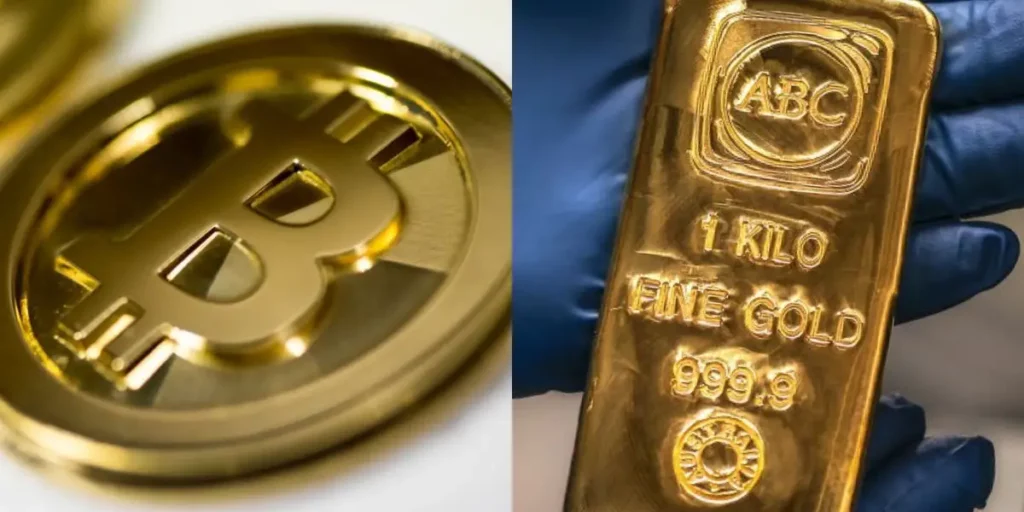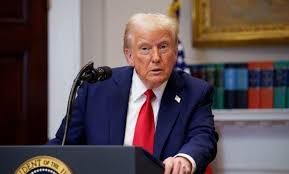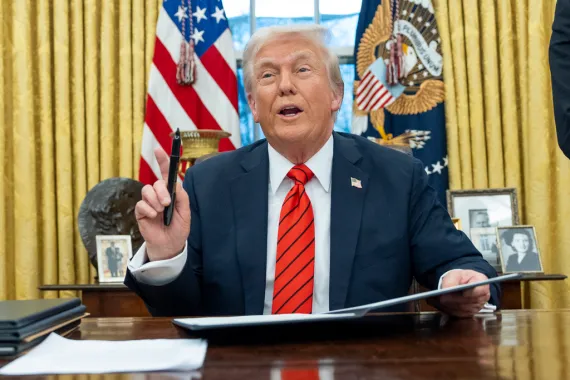 |
| Gold V.1.3.1 signal Telegram Channel (English) |

Gold and Silver Prices Soar to Historic Highs in 2025: Key Drivers and Investor Outlook
2025-09-10 @ 20:01
Gold and silver have entered the spotlight this year, capturing the attention of investors and financial analysts around the world. Amid growing global uncertainty and shifting economic policies, both metals have posted significant gains in 2025, breaking key psychological and technical barriers that have long held them in check. Let’s explore what’s driving this momentum, the outlook for the rest of the year, and what investors should watch as monetary and geopolitical forces converge.
Gold Prices Reach New Heights in 2025
Gold’s rally in 2025 has surpassed most analyst expectations, with prices reaching historic highs. This surge has been fueled by several dynamics:
– Expectations of U.S. Federal Reserve Rate Cuts: Anticipation that the Fed will shift to lower interest rates has been a major catalyst. Lower rates generally reduce the opportunity cost of holding non-yielding assets like gold, making it more attractive to investors seeking safety and capital appreciation.
– Geopolitical Tensions: Ongoing conflicts and tensions—notably in Eastern Europe and the Middle East—have heightened demand for traditional safe-haven assets. When uncertainty rises and risk appetite ebbs, institutional and retail investors often move capital into gold for protection.
Leading financial institutions have responded to these shifts by aggressively revising their gold forecasts upward. Most major banks and research firms now project gold to end 2025 anywhere between $3,000 and $3,900 per ounce, with some consensus around $3,500 to $3,700. This represents a significant revaluation compared to previous years, reflecting both persistent inflation concerns and shifting portfolio allocations among global investors.
Silver Outpaces Gold with Explosive Growth
While gold continues to dominate headlines, silver has quietly posted even stronger gains on a percentage basis. In September 2025, silver prices broke above the $40 mark for the first time in 14 years—a resounding 45% increase year-over-year. Some projections see silver pushing toward $45 by year-end, closing in on its historical highs from 1980 and 2011.
Several key factors are driving this rally:
– Industrial Demand Meets Investment Flows: Silver’s dual role as both a store of wealth and an essential industrial metal (used in solar panels, electronics, and emerging green technologies) has amplified its appeal. Industrial usage is expected to remain robust amid the ongoing global energy transition.
– Sustained Supply Deficits: This is now the fifth consecutive year of supply shortfalls in the silver market, with demand outpacing mine production and recycling flows. Ongoing deficits create a structural underpinning for higher prices and have drawn increased attention from institutional investors.
– Record-Low Premiums on Physical Silver: Despite the price surge, premiums on physical silver remain unusually low due to increased secondary market supply. This dynamic presents a unique entry point for new investors, as the cost of acquiring physical silver is more competitive compared to previous rallies.
A Structural Shift in the Precious Metals Market
What sets the current environment apart from previous bull cycles is the change in market structure. For years, gold and silver prices were often restrained by complex financial derivatives—“paper gold” and “paper silver” products that allowed for vast amounts of trading without actual delivery of the metal. In 2025, however, a growing number of investors and sovereign wealth funds are demanding physical delivery, thereby exposing vulnerabilities in the fractional reserve system that underpins much of the precious metals market.
Central banks and governments have also begun reallocating reserves from U.S. Treasuries into hard assets, accelerating the global pivot away from U.S. dollar dominance and amplifying demand for tangible stores of value. Flows into gold and silver ETFs have surged, with physical inventories drawing down in key bullion vaults around the world.
Investor Takeaways and Market Outlook
For existing holders of gold and silver, the current environment remains constructive. The primary risk factors for precious metals—rising real interest rates and a strong, resurgent dollar—appear muted for now as policymakers signal a more accommodative stance and economic uncertainty lingers.
Looking forward, several themes warrant close attention:
– The pace and extent of central bank policy shifts, particularly regarding real rates and quantitative easing.
– The evolution of geopolitical instability, which could prompt further safe-haven flows.
– The persistence of supply deficits in both metals, with mining and recycling unable to keep pace with global demand.
As with any strong rally, investors should remain vigilant for signs of overheating or policy shocks that could swiftly reverse current trends. However, the underlying drivers for gold and silver in 2025 appear robust and suggest the rally may have further to run, especially if the landscape of global finance continues to shift toward tangible assets and away from conventional fiat instruments.
In summary, the precious metals bull market of 2025 is defined not just by price, but by a fundamental change in how investors view and use gold and silver—as both strategic safe havens and essential building blocks of the new global economy.




